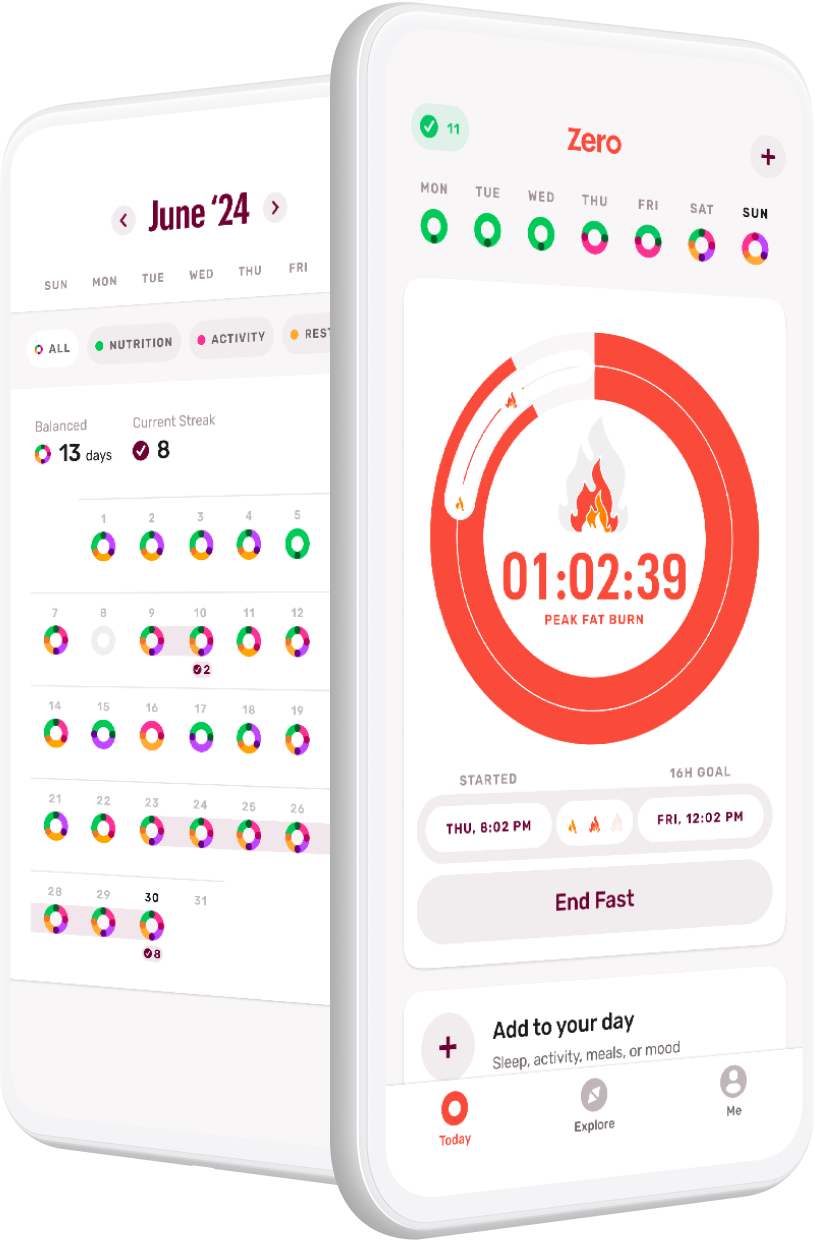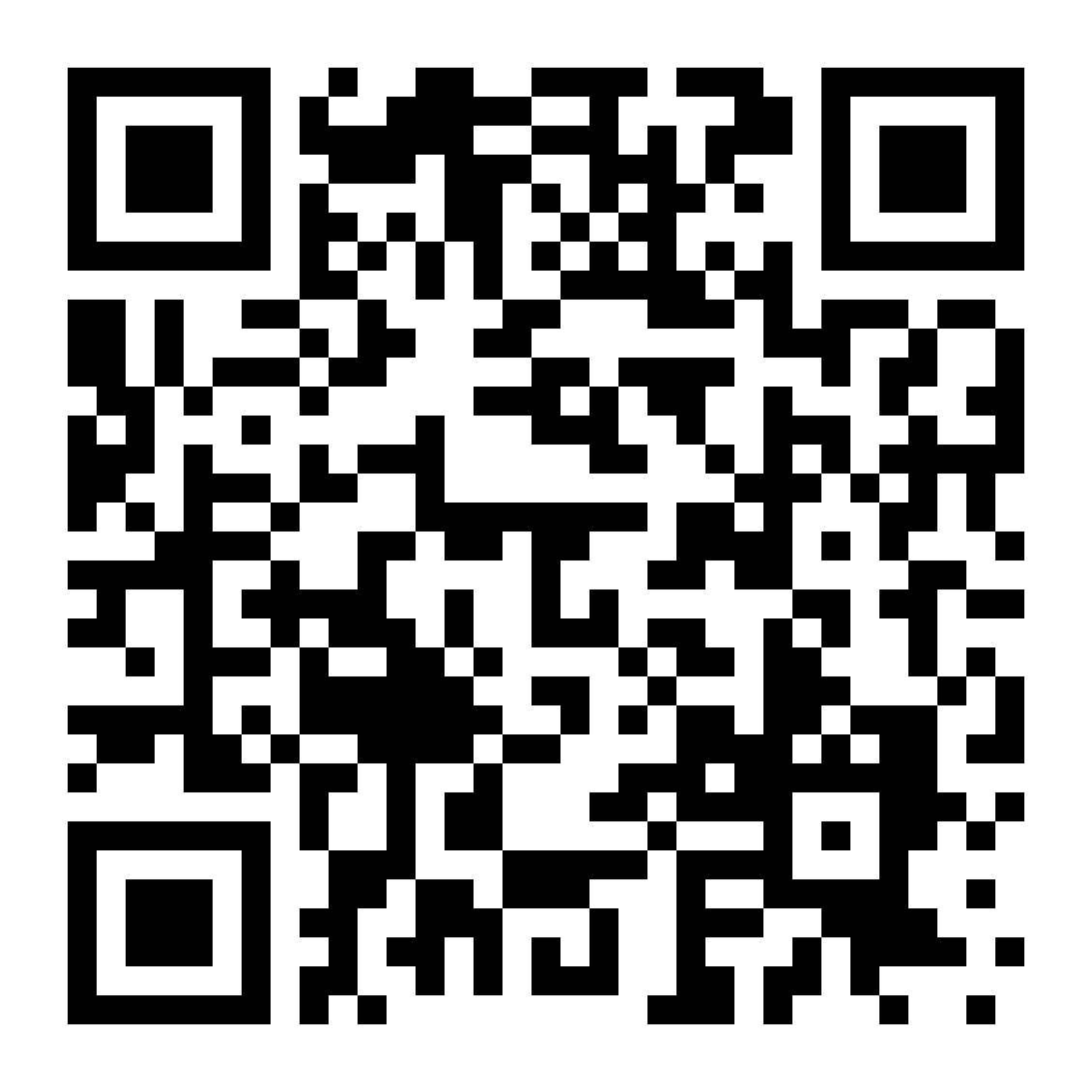At Zero, we consider fasting an essential, lifelong habit. Like brushing your teeth or dimming the lights before bed, it’s a practice that can help you manage your weight, better your health, and improve both your immediate and future quality of life.
We’re committed to making the fasting habit accessible and achievable by providing guidance, support, education, and encouragement. This also includes looking out for our fellow fasters, to ensure all are developing safe and responsible fasting practices.
Here’s what we expect from ourselves and our community.
#1. Consult with Your Physician Before Beginning a Responsible Fasting Practice
It’s always a good idea to speak to a healthcare professional before making significant changes to your diet and lifestyle. If you are younger than 18, have a preexisting health condition, are trying to become or are currently pregnant, fasting may not be right for you.
#2. Treat Responsible Fasting as a Lifestyle, Not a Quick Fix
Fasting may provide immediate physical and cognitive benefits, but a responsible fasting practice is sustainable — meaning the duration and frequency can be maintained over the long term. Rather than using fasting as a one-time diet, think of it as one of many tools for lifelong health.
#3. Start Slow and Listen to Your Body
Fasting isn’t a competition. If you’re new to fasting, start slow and incrementally increase your duration and frequency over time. If you end a fast early, that’s okay too. The “correct” way to fast is the way that works best for you, your lifestyle, and your unique physiology.
#4. Stop Fasting If You Experience Negative Side Effects
It’s natural to find fasting challenging, at times. However, if you become concerned about irregular physical sensations or side effects during a fast, it’s time to end your fast and consult with your physician.
#5. Drink Plenty of Water and Ensure Proper Supplementation
Hydration is essential for a responsible fasting practice. (Plus, it helps you distinguish between true hunger and brain-induced cravings, and it actually helps to reduce those cravings, too!) Make sure you’re drinking enough water and, to help with retention, add a pinch of salt or consider taking a sodium supplement. To avoid mild side effects such as headaches and cramps, also ensure you’re maintaining appropriate levels of magnesium.
To learn more about hydration and supplementation, read our articles Hydration 101, Why You Need Sodium on a Fast, and Why You Need Magnesium on a Fast.
#6. Consume Adequate Calories When You’re Not Fasting
Always consume a healthy amount of nutritious food when you’re not fasting. If you fast regularly and often have a compressed eating window, you’ll need to pay closer attention to the nutrient density of your meals to ensure you’re getting everything your body needs.
#7. Eat Mindfully and Enjoy Food Without Guilt or Anxiety
Food is delicious! Celebrate the nourishment and comfort that good food provides…and do it in good company. Shared food experiences are part of our social fabric, so when you’re not fasting, enjoy your meals with friends and loved ones.
#8. Fast with Intention, Not Emotion
Fasting should come from self-love and thoughtful intention. Fast for yourself, not to satisfy the expectations of or pressure from others. If you’re in a place of emotional distress or vulnerability, it’s not the right time to develop a fasting practice.
#9. Treat Responsible Fasting as One Part of a Healthy Lifestyle, Not a Cure-All
Responsible fasting will help you take charge of many aspects of your health, but there are other components that contribute to a long and healthy life. Quality sleep, nutritious food, regular exercise, and stress reduction practices are equally important for your emotional, cognitive, and physical health.
#10. Clarify Your “Why” for Fasting
What do you hope to accomplish by fasting? Having a clear goal will help you make safe and informed choices about what type of fasting is right for you.
#11. Make Sure You’re Fasting for the Right Reasons
We recognize that relationships with food, nutrition, and weight can be complicated. Zero should not be used to achieve extreme or rapid weight loss, abstain from eating for psychological reasons, facilitate recurring episodes of under- or overeating, or to create persistent distress regarding your weight or body measurements.
If you or someone you know is struggling with their relationship with food, nutrition, or weight, please seek help from a physician, a mental health professional, or the National Eating Disorder Association (NEDA). The NEDA offers a confidential and free Eating Disorders Screening Tool. They can also be contacted directly here.
Resources
- How to Stay Hydrated While Fasting
- Nutrition Q&A
- Should You Avoid Fasting?
- Which Type of Fasting Is Right for You
- Why You Need Sodium on a Fast
Don’t let fasting be an isolated experience. Find a fasting friend at home or within the Zero community to help you stay on track and ensure you’re fasting responsibly. Millions of thousands of people fast with Zero and you can find many of them on our blog, and on Instagram sharing their experiences and answering questions. You can also always drop us a line at support@zerolongevity.com, and we’ll do everything in our power to help.
- The Complete Guide to Fat Burning - April 30, 2024
- Zero Live #4: 3 Ways to Boost Fat Burning - March 28, 2024
- Zero Live #3: Nutrition, Fast Breakers, and Fasting - March 11, 2024


